1878-1948 From the boom in Great Britain to the nationalization of the communists
The family business was started by Johann Adam Wilhelm Päsold , a master hosiery maker, who owned a small workshop with a few weaving machines. His son Christoph Adolf Päsold then followed up by establishing the Adolf Päsold & Sohn brand and building a one-story factory . Subsequent generations continued the successful expansion of the company, a steam engine was installed in the factory, electrification made it possible to increase production by using night shifts, and in 1910 the construction of a modern two-story factory began next to the first building. At this time, the company was renamed Adolf Päsold and Son, Hosiery and Strike Goods Factory, Plesná .

After the First World War, the company began to focus primarily on the markets in Great Britain, Scandinavia and the Netherlands, and part of the family later settled in Great Britain. In 1931, the company even partially moved production to England, where it built a factory in Langley, southwest of London . The main product was children's clothing under the names Ladybird and White Bear , which was supplied to Woolworth, Marks & Spencer and British Home Stores . At its peak, the company employed over 7,000 people in England .

The successful development of the Päsold company was disrupted by World War II. The factory in Plesná began to sew shirts for the German army and 60% of the production had to be released to the Siemens & Halske company. After the war, operations were resumed in Plesná, but they lasted only until 1948, when all the Czechoslovak property of the Päsold family was expropriated by the communist party and the local part of the family was deported to Great Britain.
1948–2018 Paneláky as a gold mine and the difficult period after the revolution
The factory in Plesná became the property of the national enterprise Tosta Aš , which used its premises as warehouses and the building began to fall into disrepair. The development of panel housing estates contributed to the transformation of the textile factory into the production of electrical switchboards. In the nearby Luby u Chebu, the national enterprise Stavokonstrukce Praha began producing electrical switchboards in the 1960s, and when production capacities were no longer sufficient, the unused factory came in handy. In 1963, the building in Plesná was repaired and a year later production began there.

After 1989, it was necessary to adapt to the new times. Prefabricated houses were no longer in production and production in the factories in Plesná and Luby gradually shifted to the production of metal cabinets and shelves for workshops and warehouses . In 1991, the ELROZ company was founded. As part of cost reduction, in 1999, all production was moved to Plesná and the factory in Luby was sold.
/2018–present/ Sustainable furniture with respect for tradition
The fact that production is running at full speed in the factory every day today is thanks to Filip Dušek. He joined the company in 2018 as an investor and what started as a pragmatic economic project quickly became a matter of the heart . He decided to combine traditional metal production with design and began revitalizing the factory. He kept the production of switchboards and other industrial products and added aesthetic metal furniture .

The founder of the brand approached designers Filip Mirbauer and Michal Strach, and in 2021 the first collection of furniture and interior accessories under the Fleysen brand was created , referring to the original name of the town of Plesná. The very first series of Fleysen furniture was nominated for the Czech Grand Design and the Designblok award in the Furniture category. The designers told us in a short interview how the furniture design and the entire collaboration takes place.
In May 2023, we welcomed a rare visitor to Plesná. Karin von Joest and Colin Päsold, children of Rolf Päsold, who was responsible for the company's expansion in the UK, came to see how the factory works. When Mrs. Karin entered the hall and saw a poster with Tomáš Baťa, she said: "Hey, Baťa, we used to meet his son on skis."
The factory thus survived the long, arduous twentieth century and its story lives on. By purchasing Fleysen products, you too can become a part of it.

At the end of May 2023, we welcomed a rare visitor to our factory. At the invitation of the owner Filip Dušek, the children of Rolf Päsold (far left in the black and white photo), Mrs. Karin von Joest and Mr. Colin Pasold, came. It was a very pleasant and inspiring meeting. Their family was among the most important regional industrialists. Their father, as the closest collaborator of his brother Eric, participated in building the company, which between the wars, and especially in the 1950s and 1960s, was one of the largest manufacturers of children's clothing in Europe. When Mrs. Karin entered the hall and saw the poster with Tomáš Baťa, she said: "Hey Baťa, we met his son on skis." How little we know about the places where we live and the history of the people who lived and worked here.... To fill this gap at least a little, we are preparing a book together with GAVU, and especially with Jana Kalousková Pokorná.


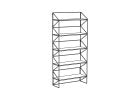 Shelves and racks
Shelves and racks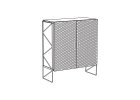 Designer cabinets
Designer cabinets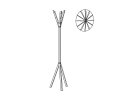 Accessories
Accessories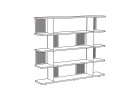 Bookshelfs
Bookshelfs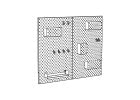 Magnetic bulletin boards
Magnetic bulletin boards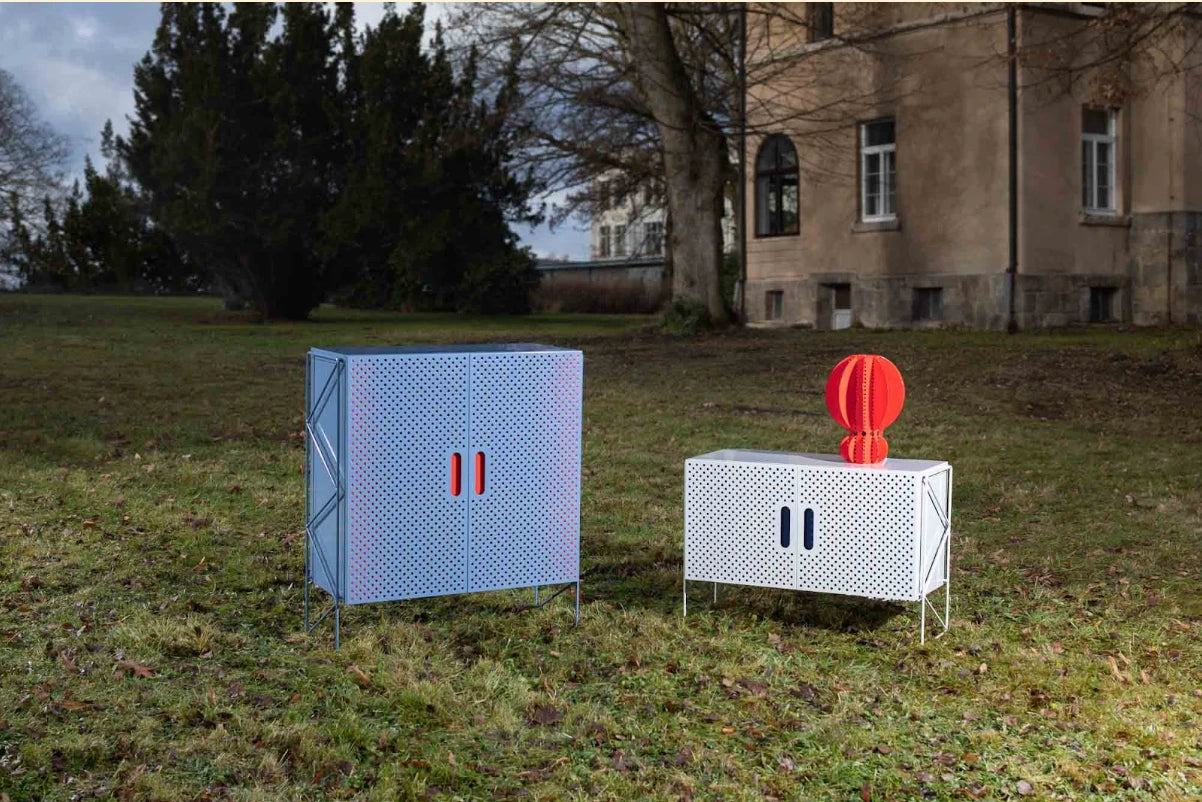
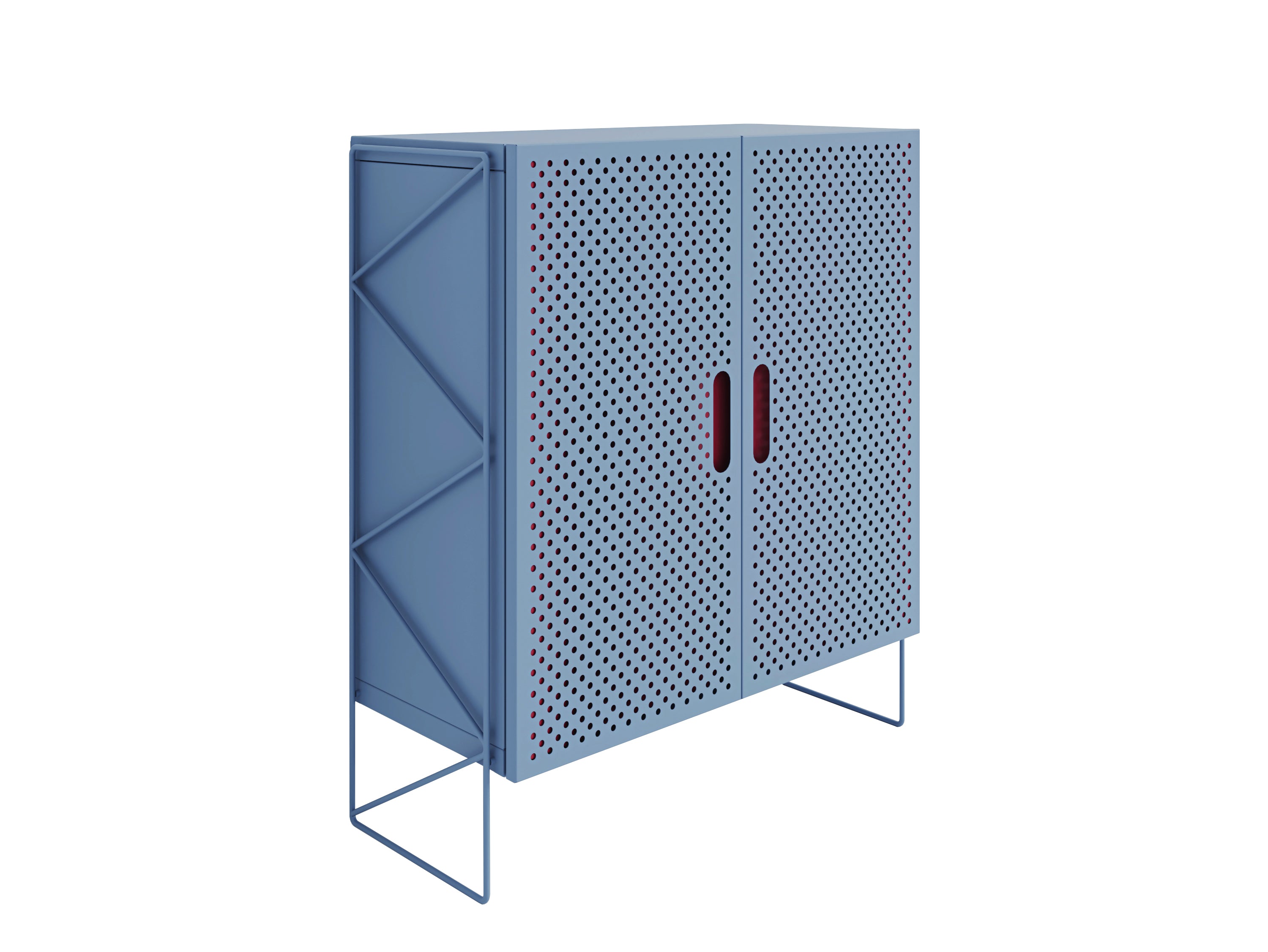
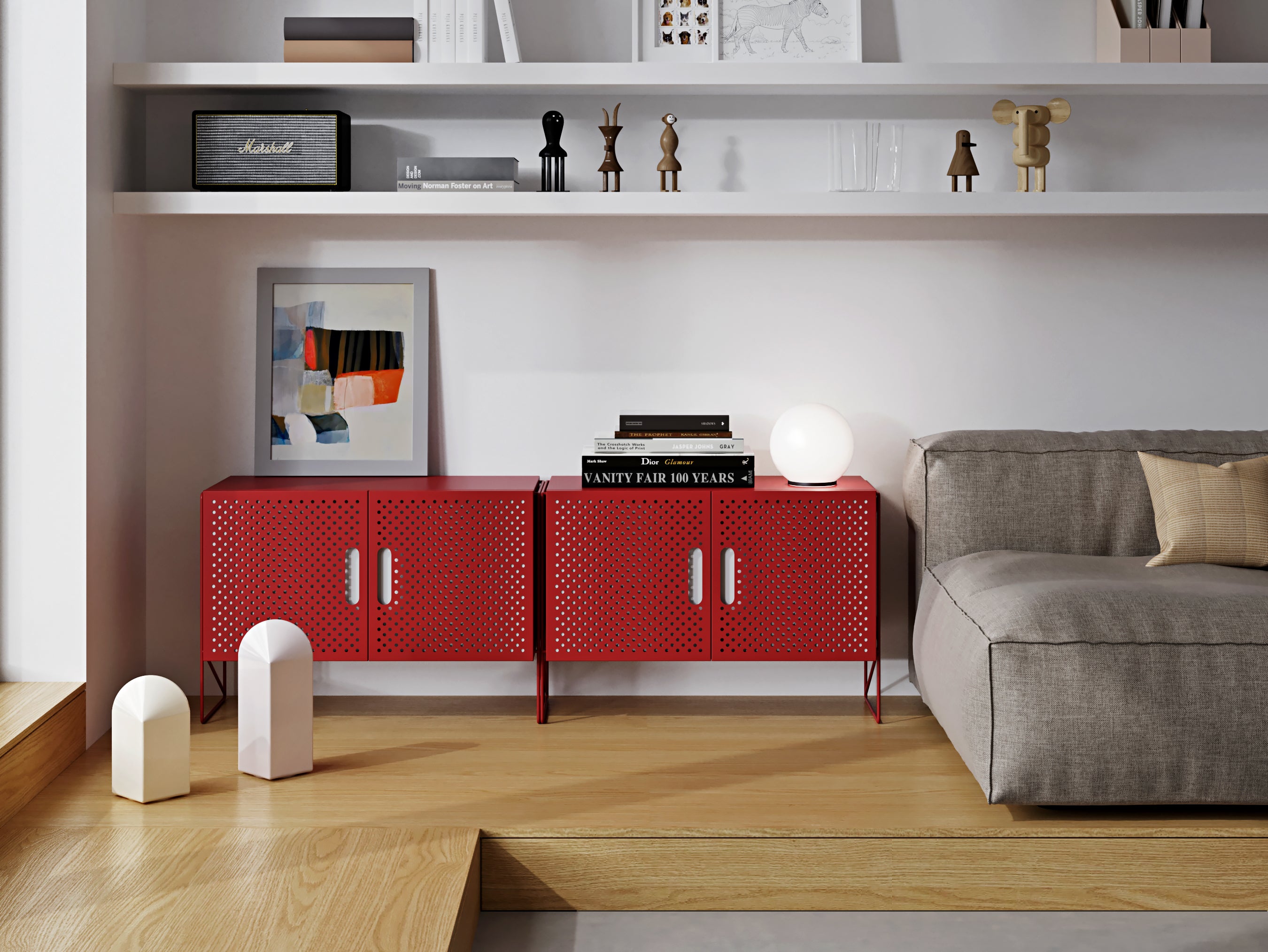
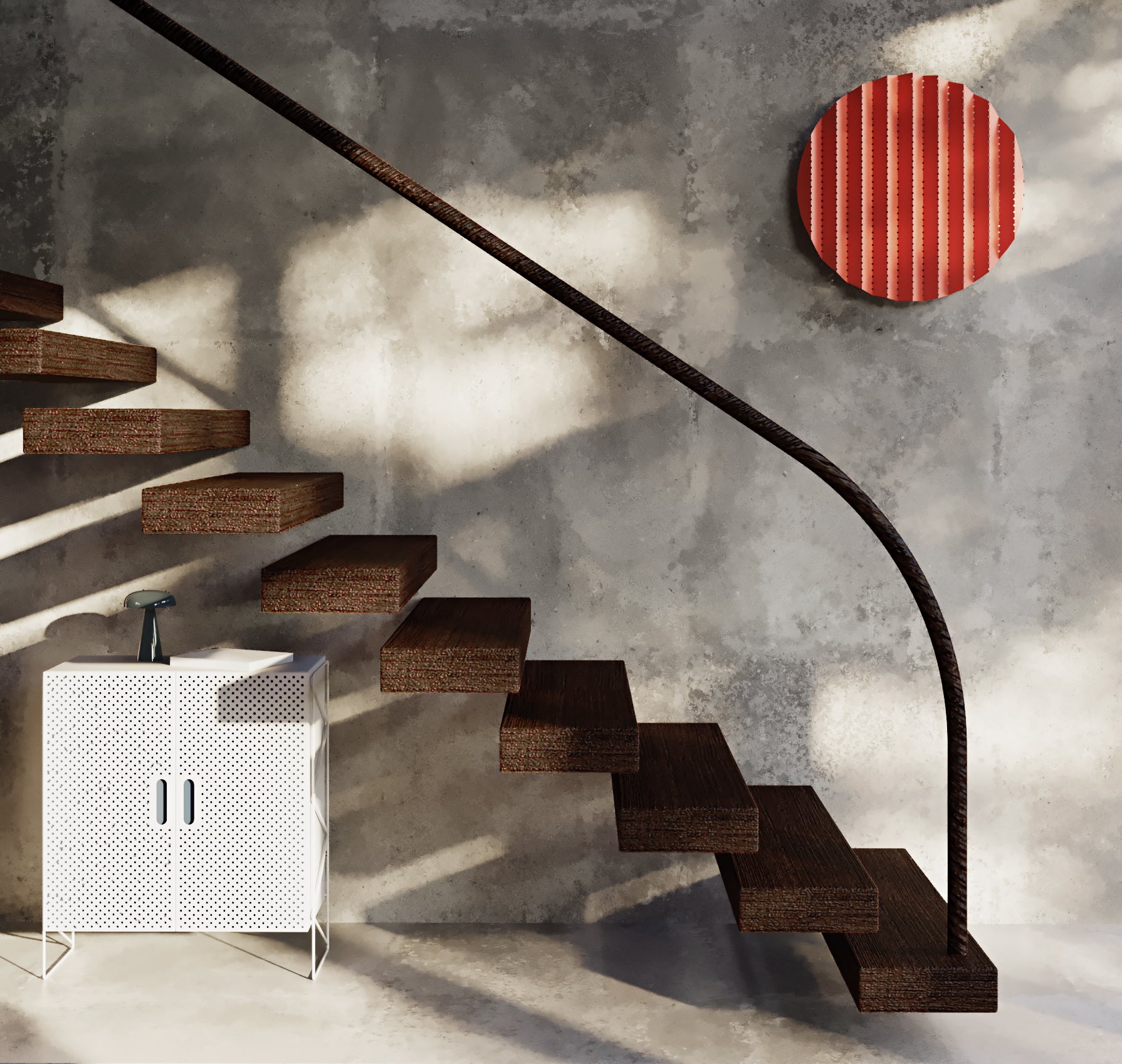
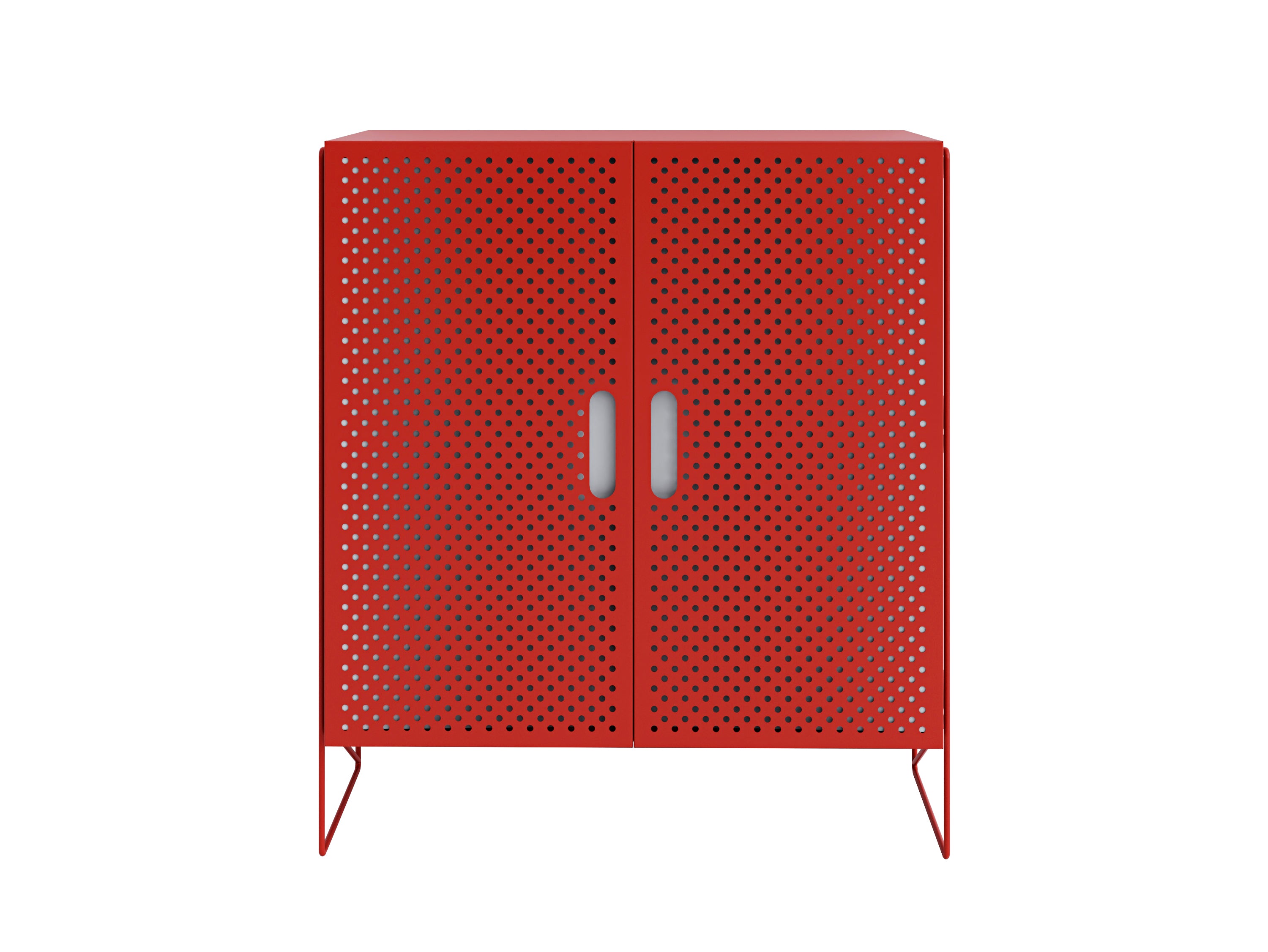
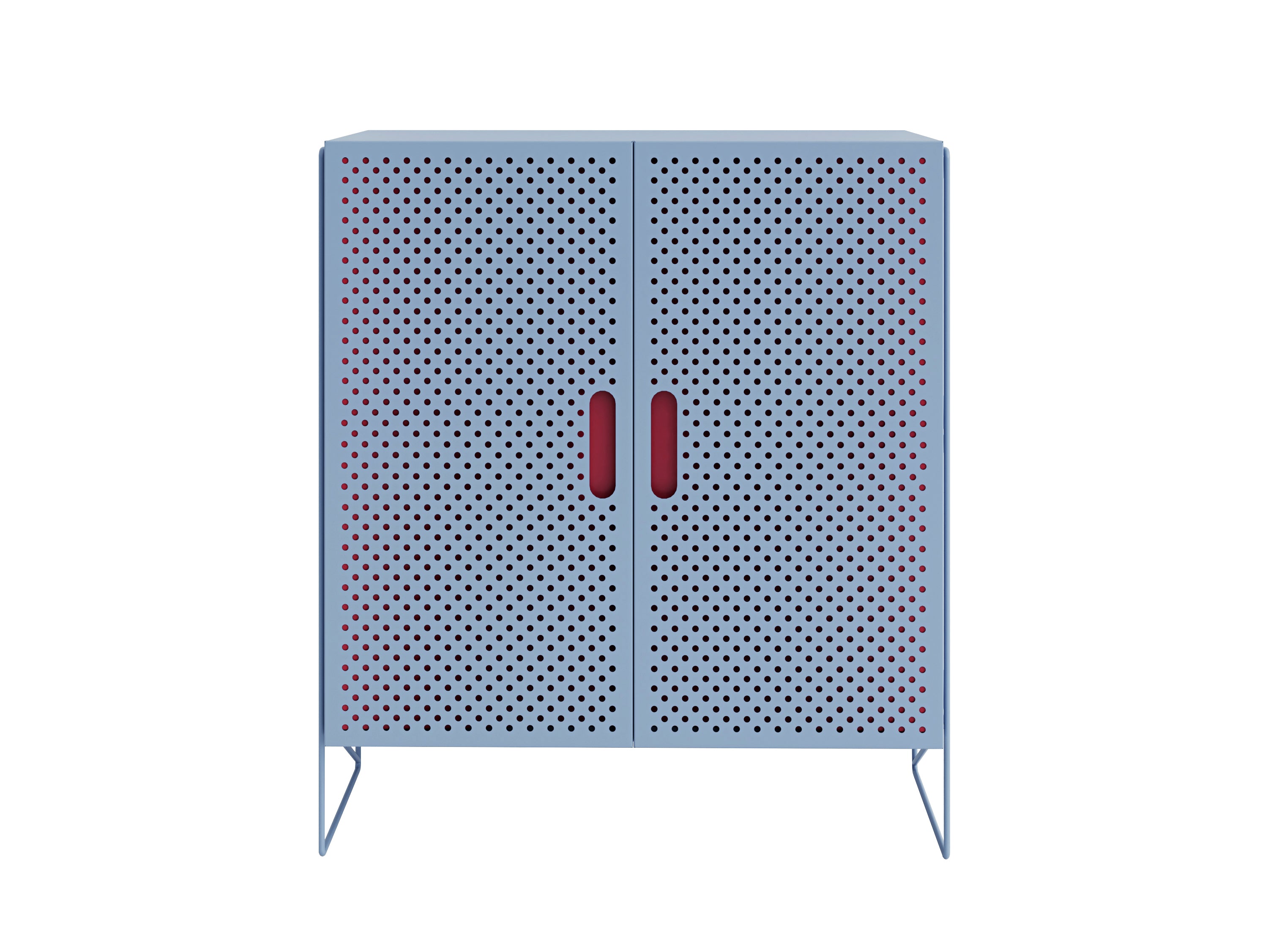
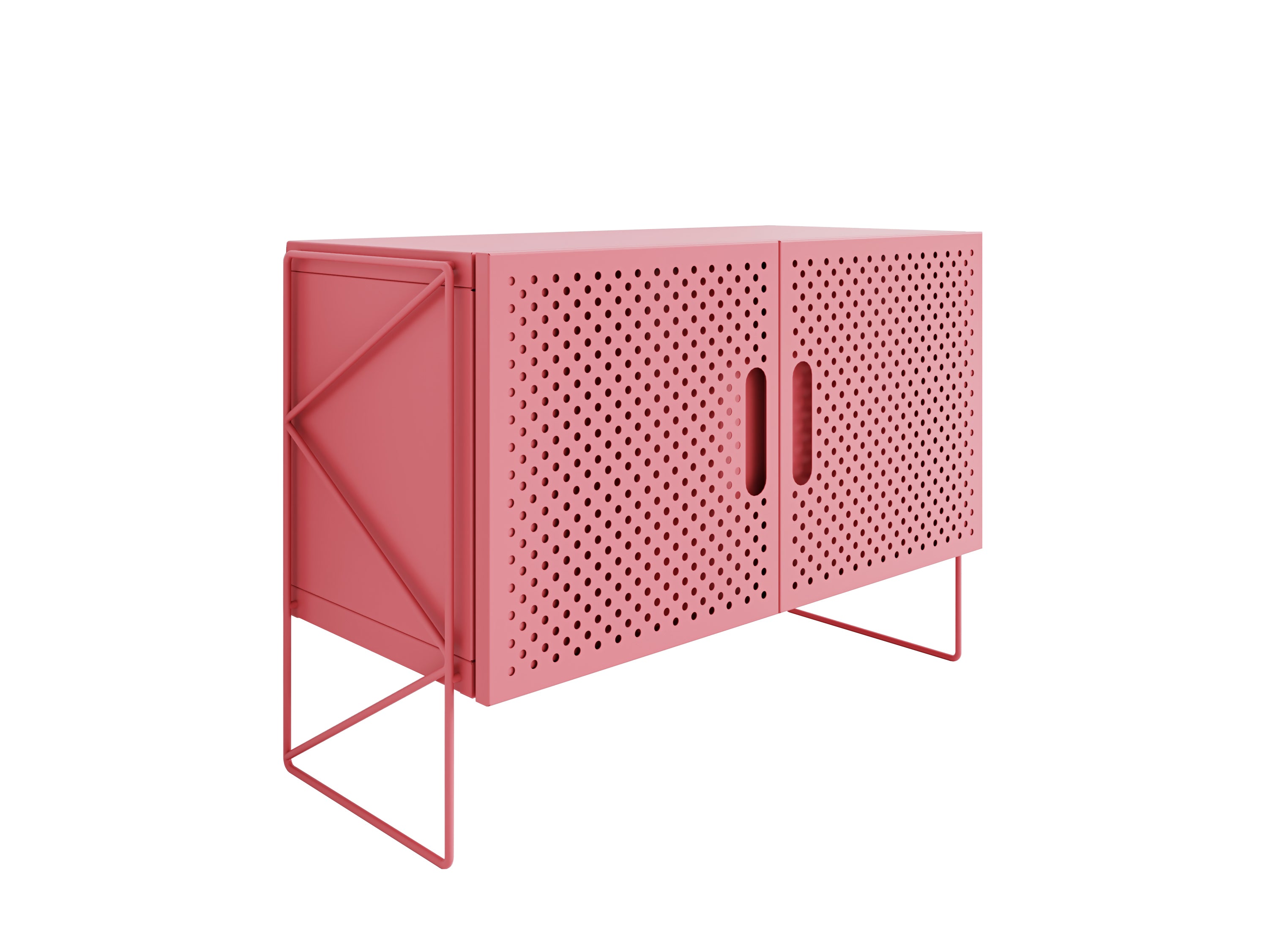
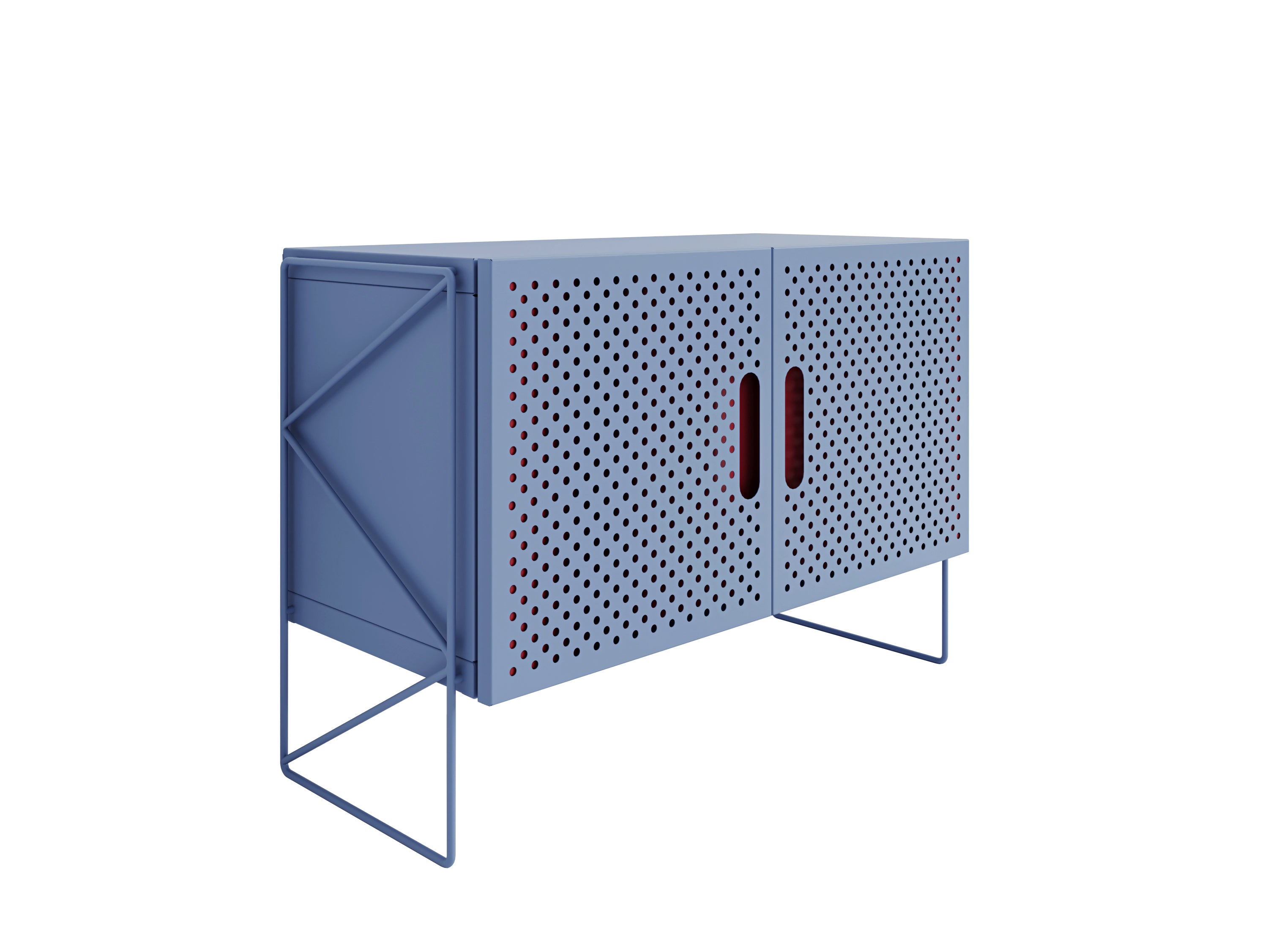
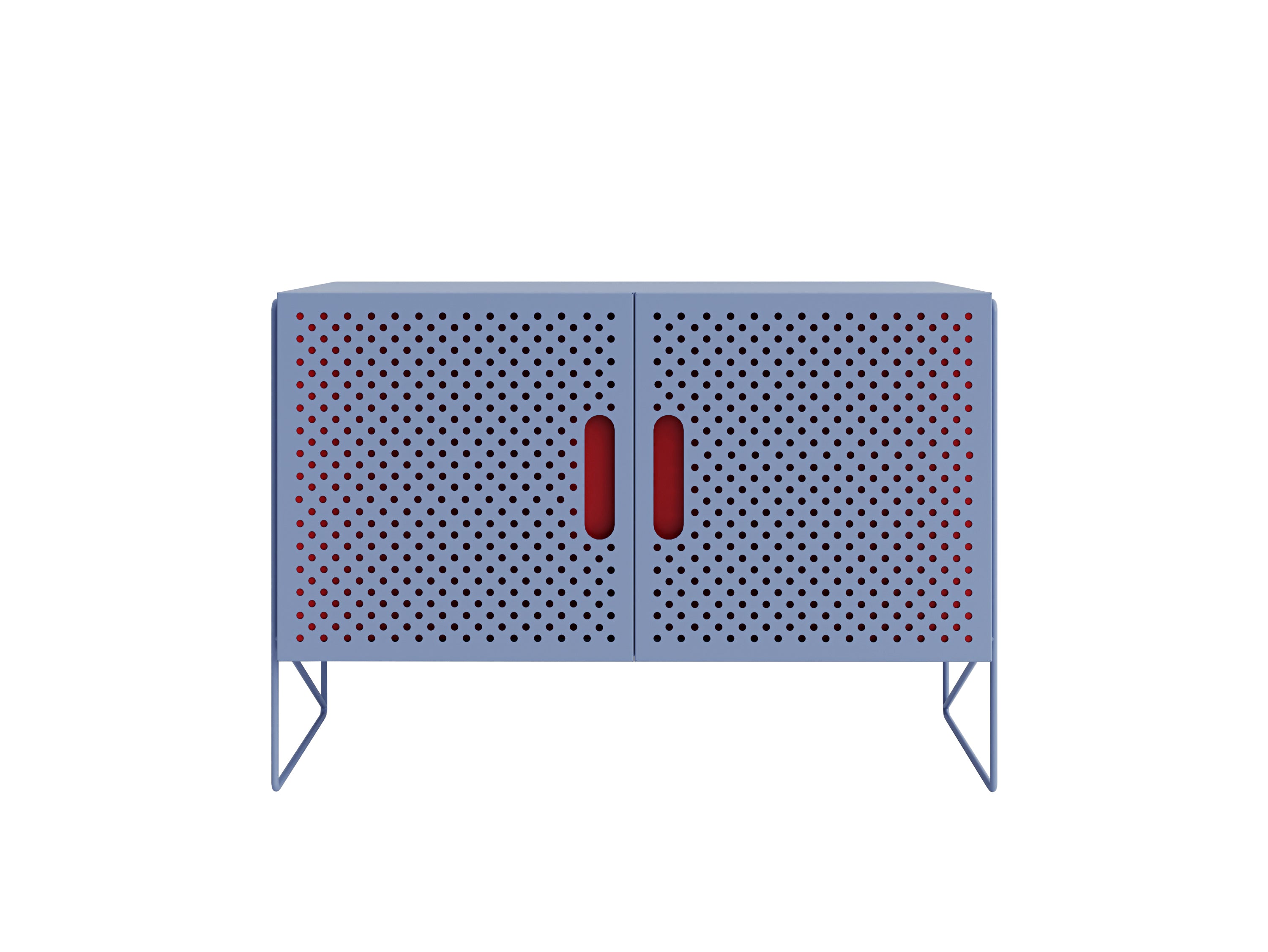
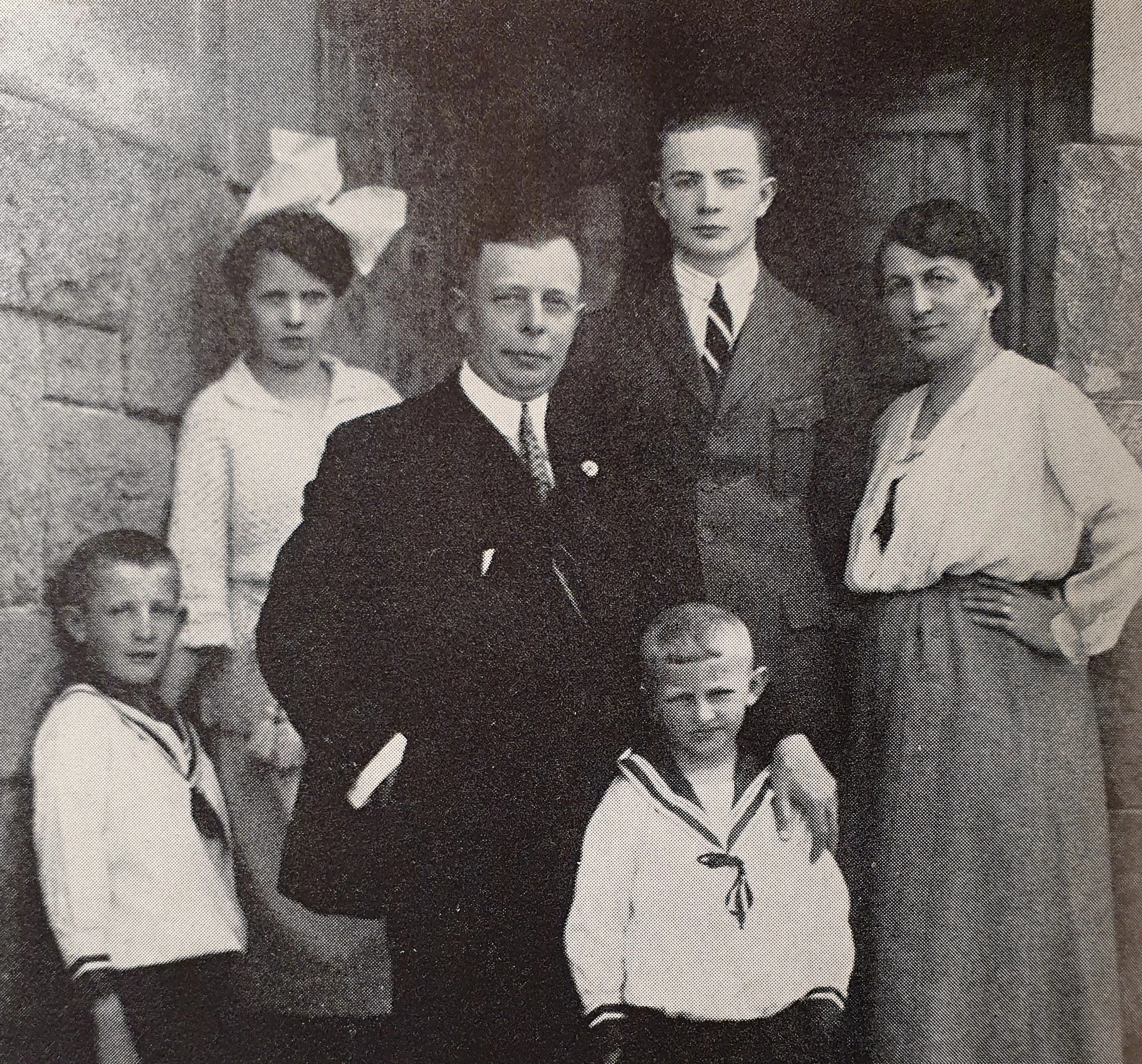
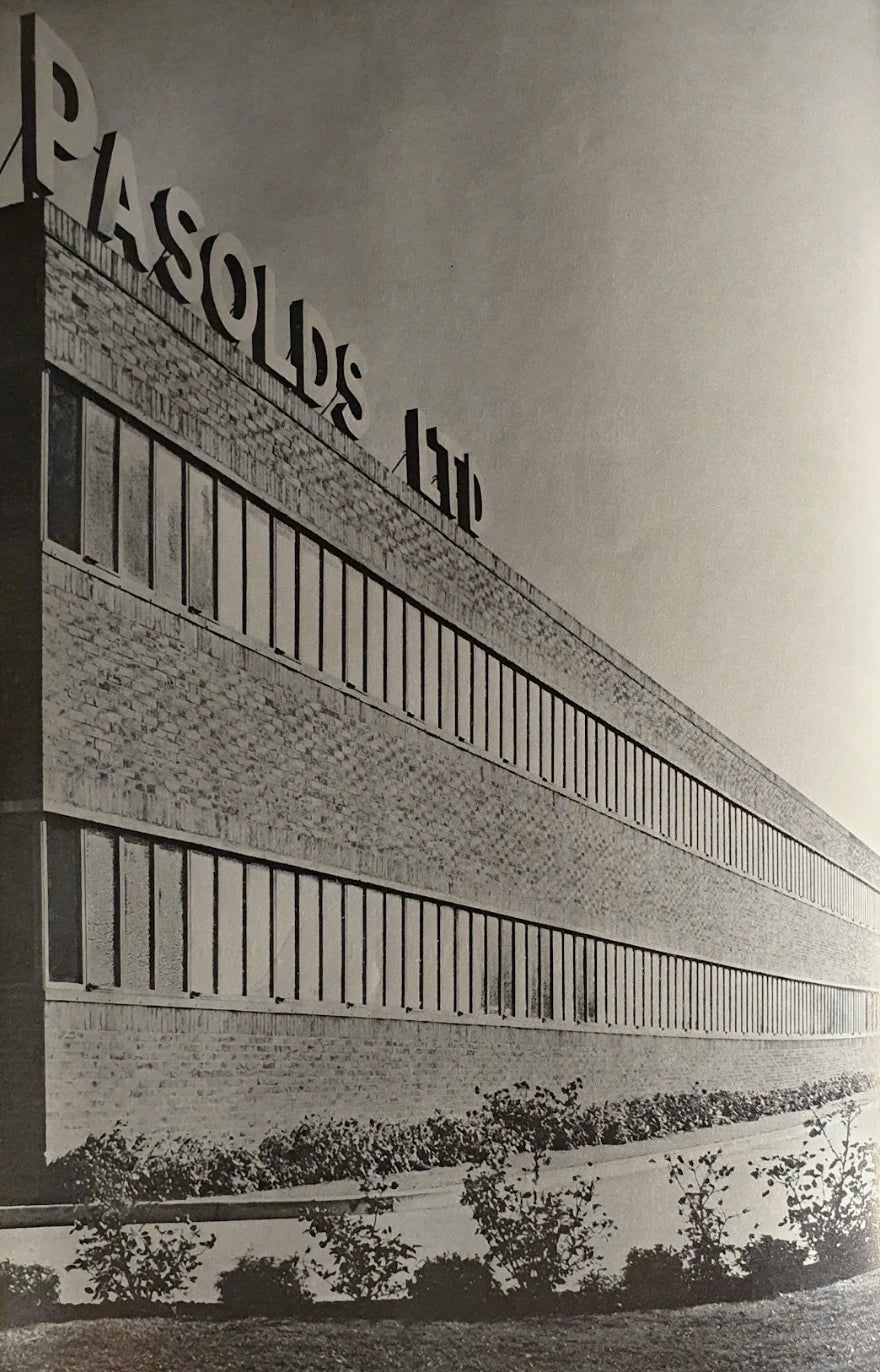
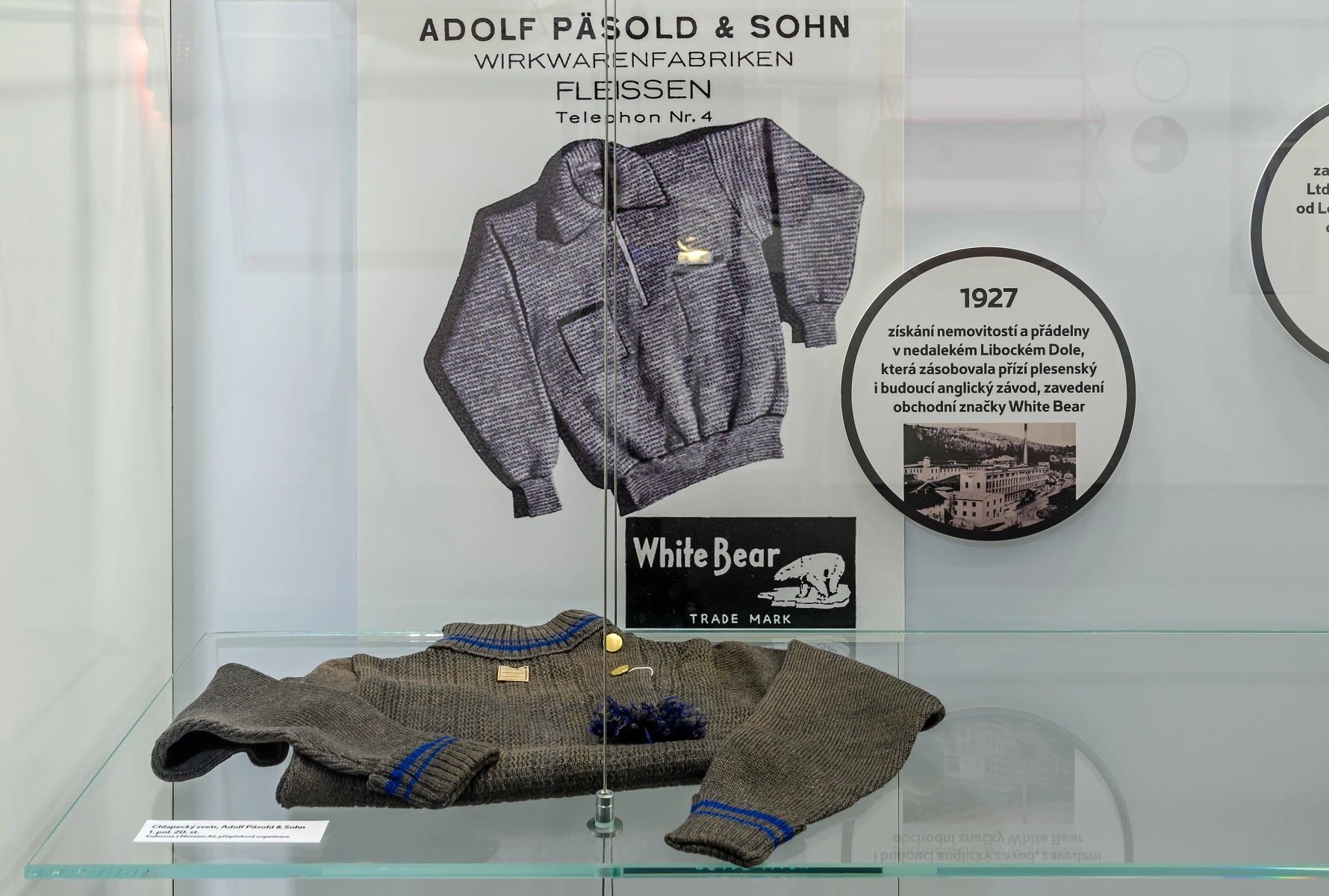
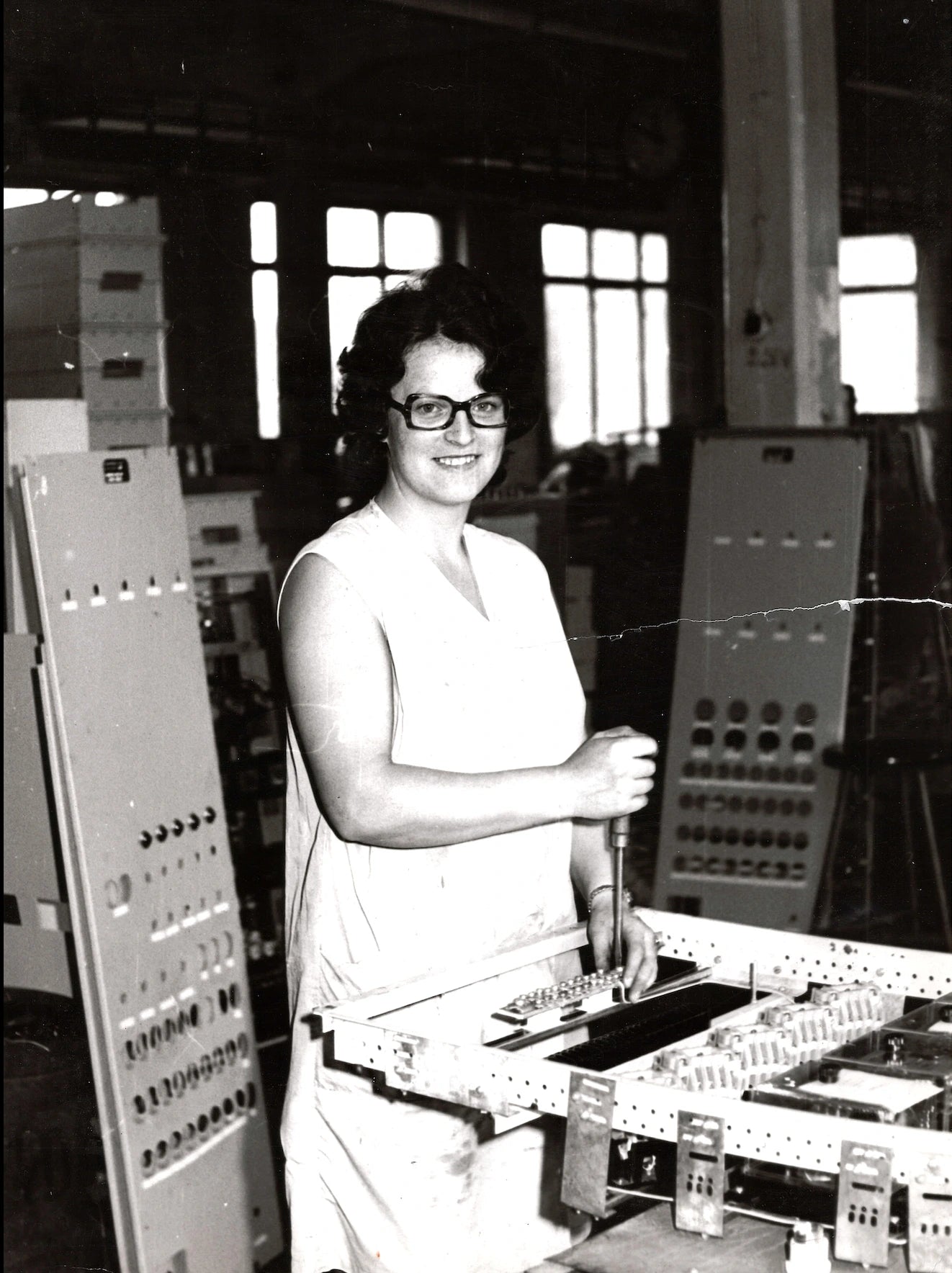
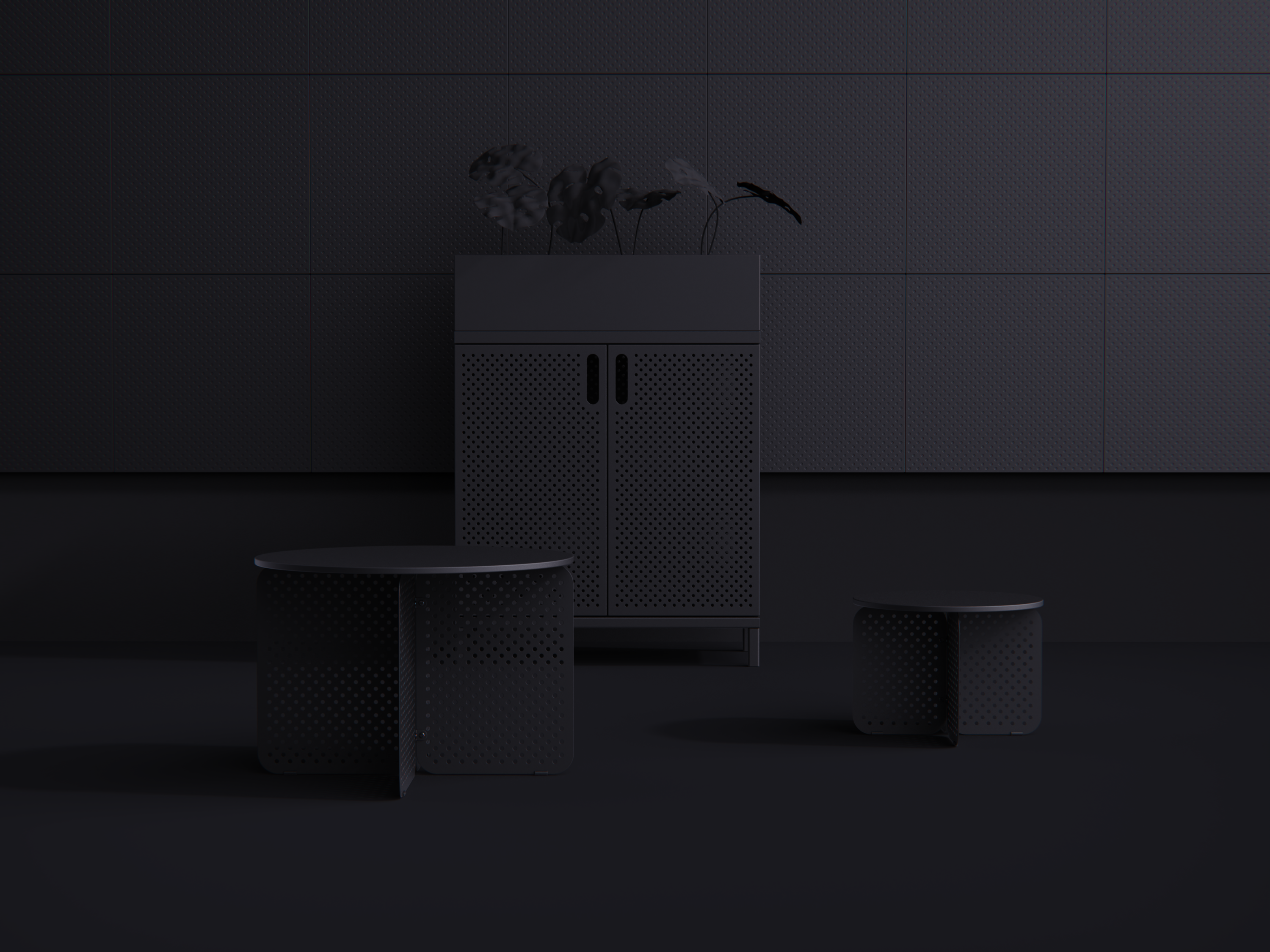
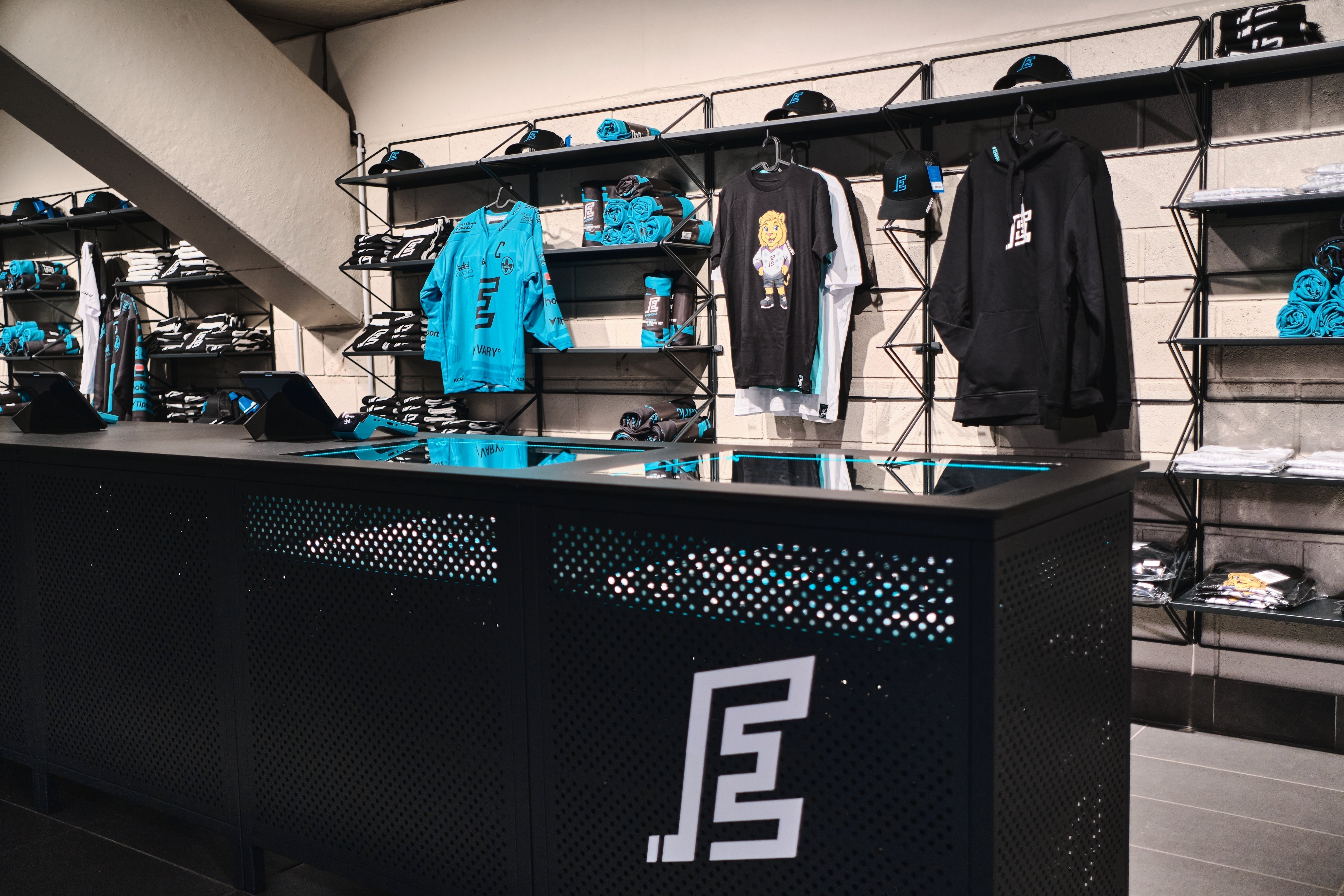
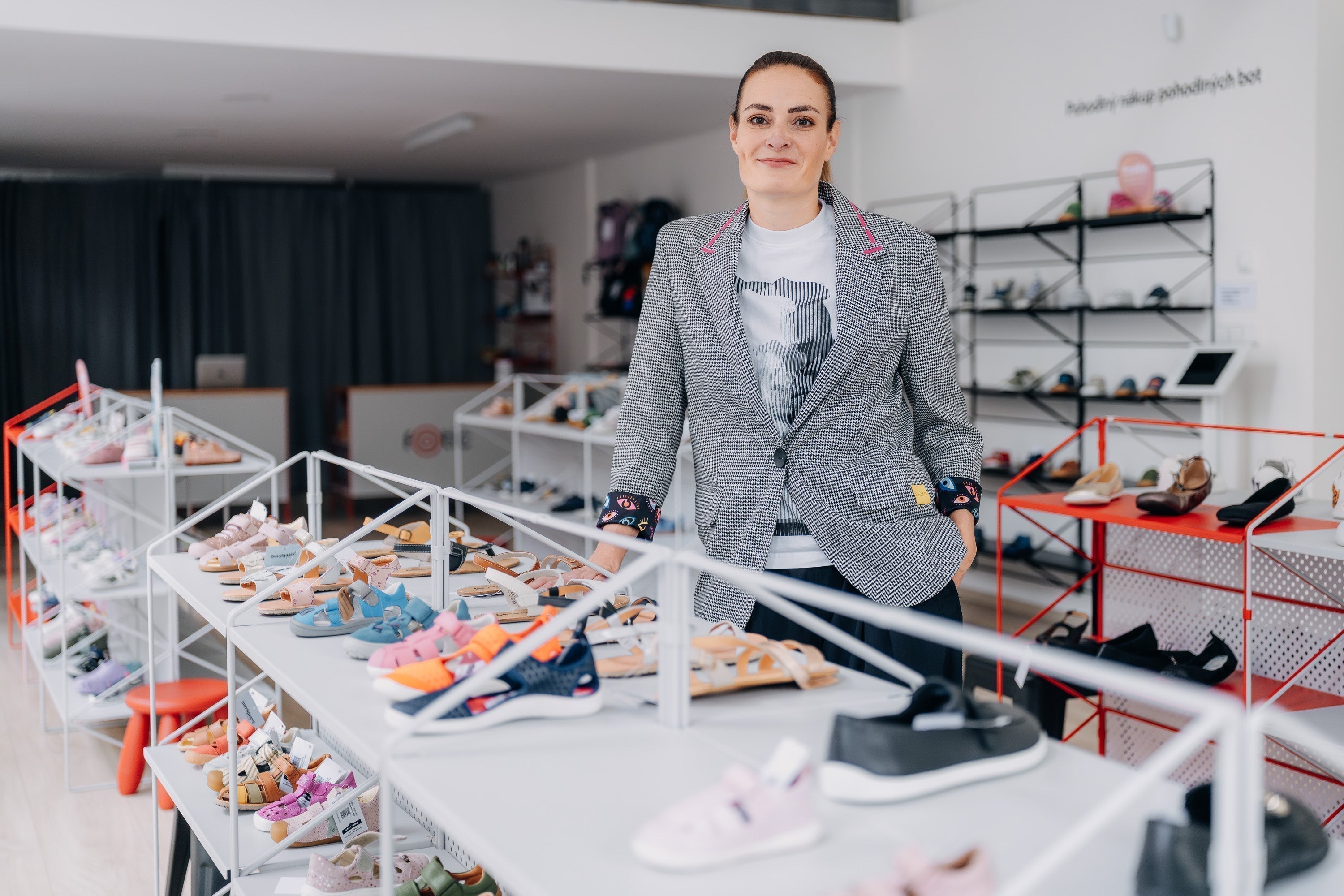





Inspire others and share the article: